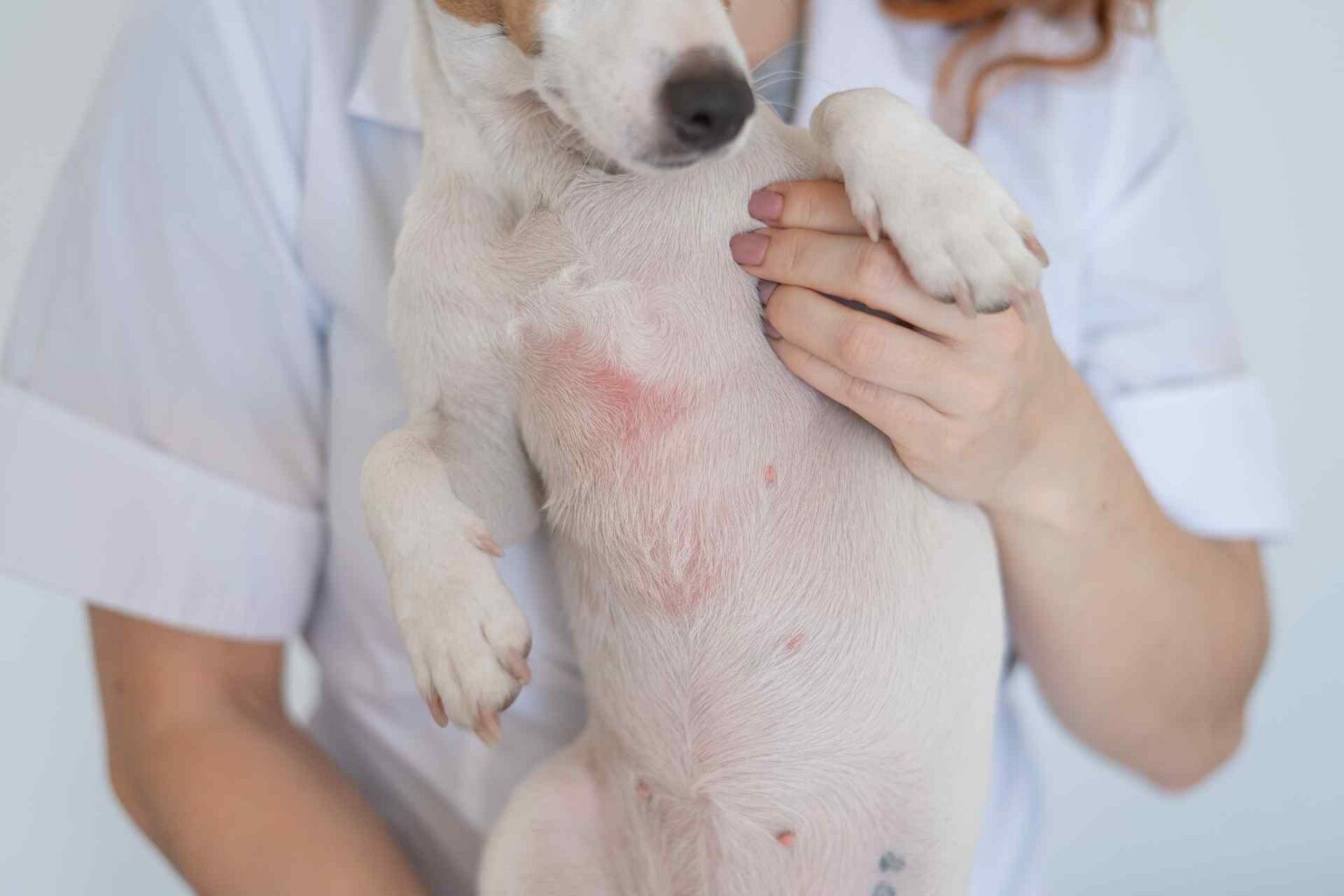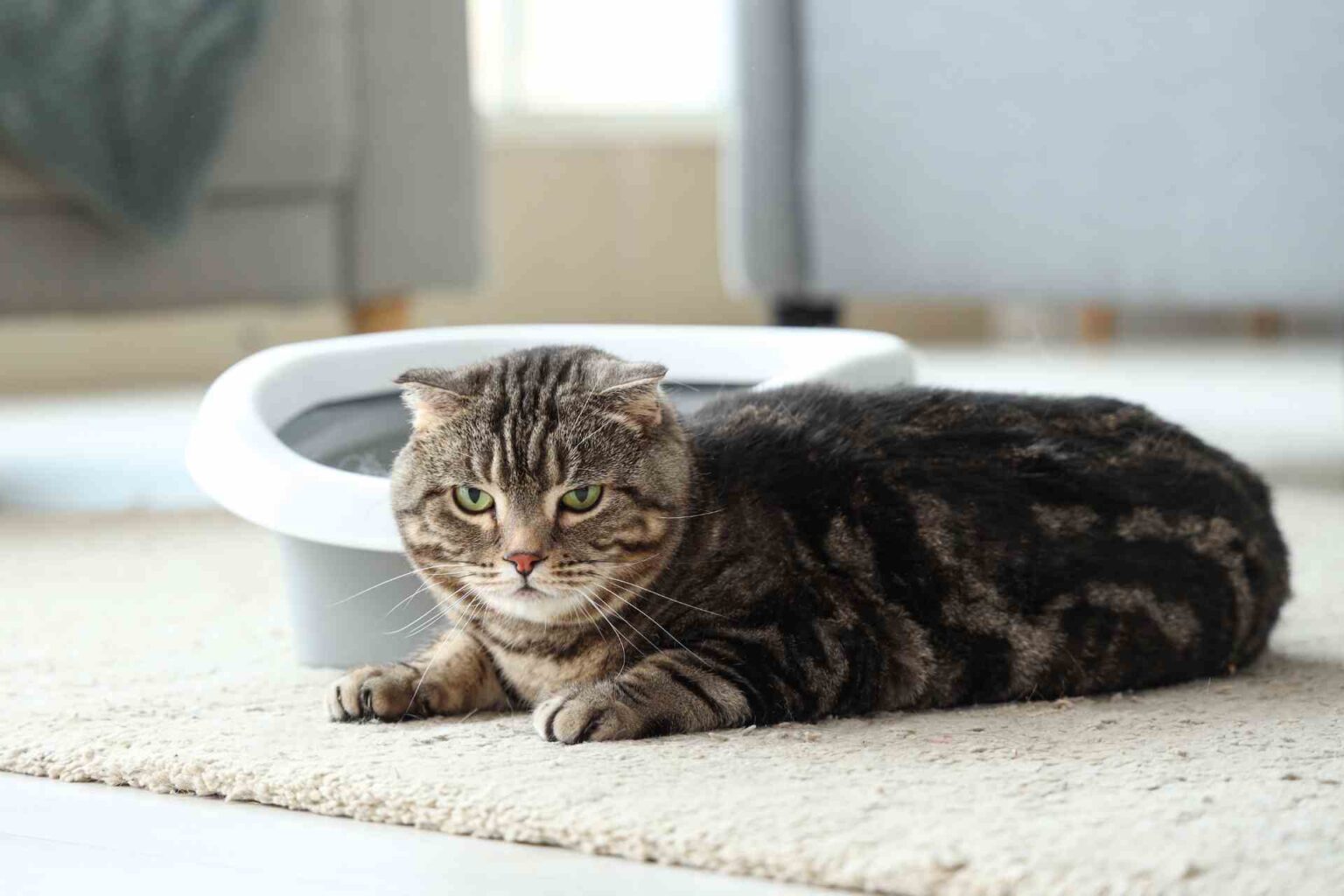The gut microbiota plays a central role in host metabolism. The communication that exists between the host and its microbiota occurs mainly through various microbial metabolites that act as signaling molecules(cell signaling).
Using metabolomics analysis, a wide range of such molecules can be identified; in feces they are detected as direct microbial metabolic products, and in serum as metabolites that have already reached the systemic circulation, with potentially greater influence on the host, therefore.
Antibiotics are commonly used to treat upper respiratory tract infections (URTIs) in young cats.
In humans, excessive use of antibiotics during early childhood is avoided to avert the risk of the development of resistance to these drugs or to avoid other antibiotic-related consequences. In fact, these drugs may be among the causes of dysbiosis of the gut microbiota, leading to imbalances in the production of some important metabolites.
A 2020 study showed that the combined treatment of ampicillin and gentamicin caused fecal reductions in GABA (γ-aminobutyric acid), tryptophan and ornithine concentrations in infants by 2 days. GABA and tryptophan play an important role in neurodevelopment and intestinal contractility, while ornithine is a source of energy for enterocytes.
Antibiotic therapy and concentrations of major metabolites
Metabolic pathways commonly disrupted following antibiotic intervention involve protein, carbohydrate, lipid, and bile acid metabolism.
Few studies to date have examined the effects of antibiotics on fecal and serum metabolic profiles in cats. To this end, the work of Stavroulaki et al. investigated the short- and long-term effects of amoxicillin/clavulanic acid or doxycycline on fecal and serum metabolites in young cats.
In the study, thirty 2-month-old cats with diagnosed URTI were randomized to receive amoxicillin/clavulanic acid for 20 days(AMC group) or doxycycline for 28 days(DOX group). Another 15 cats with overlapping ages were enrolled as a control group(CON group).
Fecal sampleswere collected on days 0, 20 (AMC group)/28 (DOX and CON group), 60, 120 and 300; serum samples were collected on days 0, 20 (AMC group)/28 (DOX and CON group) and 300.
The results of the study
The results of the study showed that treatment with amoxicillin/clavulanic acid or doxycycline caused changes in the concentrations of some important metabolites.
Alanine, leucine and valine were the predominant amino acids at the serum level in cats regardless of antibiotic treatment.
The concentration of various amino acids was not altered in the AMC and DOX groups compared with the CON group, except for glycine, tryptophan, glutamine and aspartic acid.
Analysis revealed that purine and pyrimidine concentrations were significantly higher in the DOX group, and according to the authors this could be related to reduced concentrations of aspartic acid, a molecule that is deaminated in the GI tract for the synthesis of purines and pyrimidines.
At the fecal level, on the last day of treatment (day 20 for AMC group; day 28 for DOX group), nervonic acid was detected at significantly lower concentrations in both antibiotic-treated groups, and this effect lasted for 3 months after antibiotic withdrawal. Fecal cholesterol also experienced a reduction in its concentration in DOX cats compared with CON cats. This phenomenon persisted up to 3 months after discontinuation of doxycycline.
Cats treated with antibiotics have, in addition, shown different trends in the concentrations of saccharide metabolites or derivatives of carbohydrate metabolism.
Of the monosaccharides, serum concentrations of glucose and fucose were increased over time in AMC cats, while fructose concentrations were increased in DOX cats.
Effect of antibiotics: the temporality of alterations in metabolic profiles
Stavroulaki and colleagues have shown actual alterations in serum and fecal metabolic profiles that may occur following antibiotic treatment. However, at ten months after treatment (day 300), no previously observed differences in metabolites betweenAMC and DOX cats and CON cats persisted, suggesting that antibiotic therapy may only temporarily affect serum and fecal metabolite concentrations.
Reference
Stavroulaki EM, Suchodolski JS, Pilla R, Fosgate GT, Sung CH, Lidbury J, Steiner JM, Xenoulis PG. The Serum and Fecal Metabolomic Profiles of Growing Kittens Treated with Amoxicillin/Clavulanic Acid or Doxycycline. Animals (Basel). 2022 Jan 29;12(3):330. doi: 10.3390/ani12030330.











